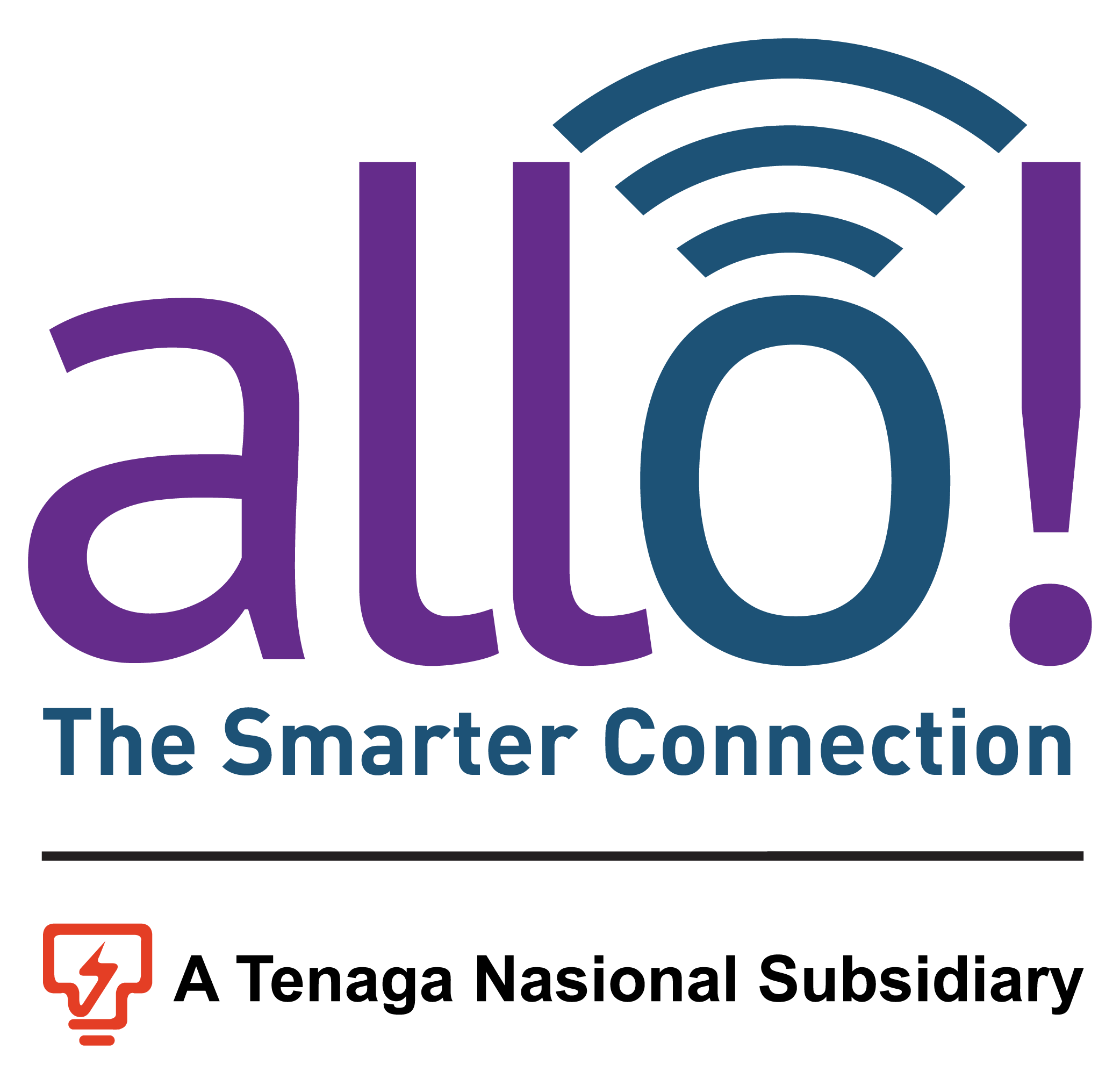NEWS
Digitalisation of businesses in times of a pandemic

When COVID-19 spread rapidly among people in many countries, various governments had closed their borders and allowed only essential businesses to operate their brick and mortar businesses. The move was sudden and unprecedented, resulting in economic disruption for a lot of the countries affected. However, it was something that needed to be done for the safety of the people.
What started as a health crisis has quickly evolved to an economic crisis with the suspension of businesses deemed non-essential and borders for several months. The virus has caused substantial disruptions to the financial industry. Even now, many countries are still battling with second or third waves of the deadly virus.
The pandemic has generated an urgency for businesses around the world to adapt to the new normal and cater to the demands of connectivity. The economy, people’s livelihoods, education, and business opportunities have now moved to the digital world as a response to border closure, school closure and social distancing.
In Malaysia, the behaviour of local traders and consumers have changed when the Movement Control Order (MCO) was implemented, and it is expected to stay even after COVID-19 ends (MDEC, 2020). Businesses that are not allowed to operate physically have switched their operations to digital, ensuring that it is business as usual while keeping their employees safe from the virus.
Employees are now allowed to work from home, and customers are leaning towards stocking up their essential items online. When the first MCO started, even grocery shops introduced online ordering and delivery as their primary business to cater to the needs of their customers (McKinsey, 2020). For businesses that are not quick enough to adapt to the digitalisation or do not have the necessary services, they are having a hard time surviving in this crucial time.
This can be seen when prominent brands like Aldo, Zara, Muji and Victoria Secret announced the closing of their physical stores nationwide after recording a substantial drop in their sales during the COVID-19 pandemic (Ng, 2020). These brands will now either concentrate on the remaining stores or focus on moving their businesses online.
Somehow COVID-19 has pushed businesses to adopt digital adoption, creating new trade opportunities for businesses to sell more products to bigger markets, enhance global competitiveness and create high value-added jobs for people. The economic value of digital trade-enabled benefits to the Malaysian economy, if fully leveraged, is projected to grow to RM222 billion by 2030 from RM31 billion today (Mohammed, 2020).
It is the time for companies to move their businesses digital, and in order to do so, it needs to have stable and reliable connectivity to avoid any disruptions in their daily activities and maintain healthy profits. In Malaysia, the infrastructures for such networks are widely available, especially in urban areas, and initiatives are underway to boost connectivity across the nation.
Businesses can accelerate their digital transformation by leveraging on current infrastructure and build an online presence to tap into what digital platforms have to offer during and post-pandemic. Companies can now opt for direct connectivity with services like Private Leased Line or Dedicated Internet Access for a premium high-speed Internet access service connecting their premises to the Service Provider’s gateway, guaranteeing a secured network with 100% uptime. Being online also means that companies are more exposed to digital crimes like hacking, or information falling into the wrong hands, and that is why a secured network is important to protect your company’s data and information safe.
ALLO understands the needs for businesses to move towards digitalisation, and we provide a full suite of connectivity services through fibre infrastructure from the country’s border to border, data centre connectivity, tower fiberisation, enabling cellular networks, 5G future-readiness, and fibre-to-the-home network, in line with the government’s National Digital Network (JENDELA). As a wholly-owned subsidiary of Tenaga Nasional Berhad, we provide the same quality of services just like our parent company, and we are always looking for ways to support our partners.
We have seen a rise in the demand for connectivity services, especially during the implementation of MCO nationwide and post-MCO, and we believe that adapting to digital technology is the way to go. Our team had previously worked hard for Cyberjaya to achieve its envisioned Smart City status through our connectivity services, and we have the expertise to help our partners get back on their feet in times of crisis.
References
